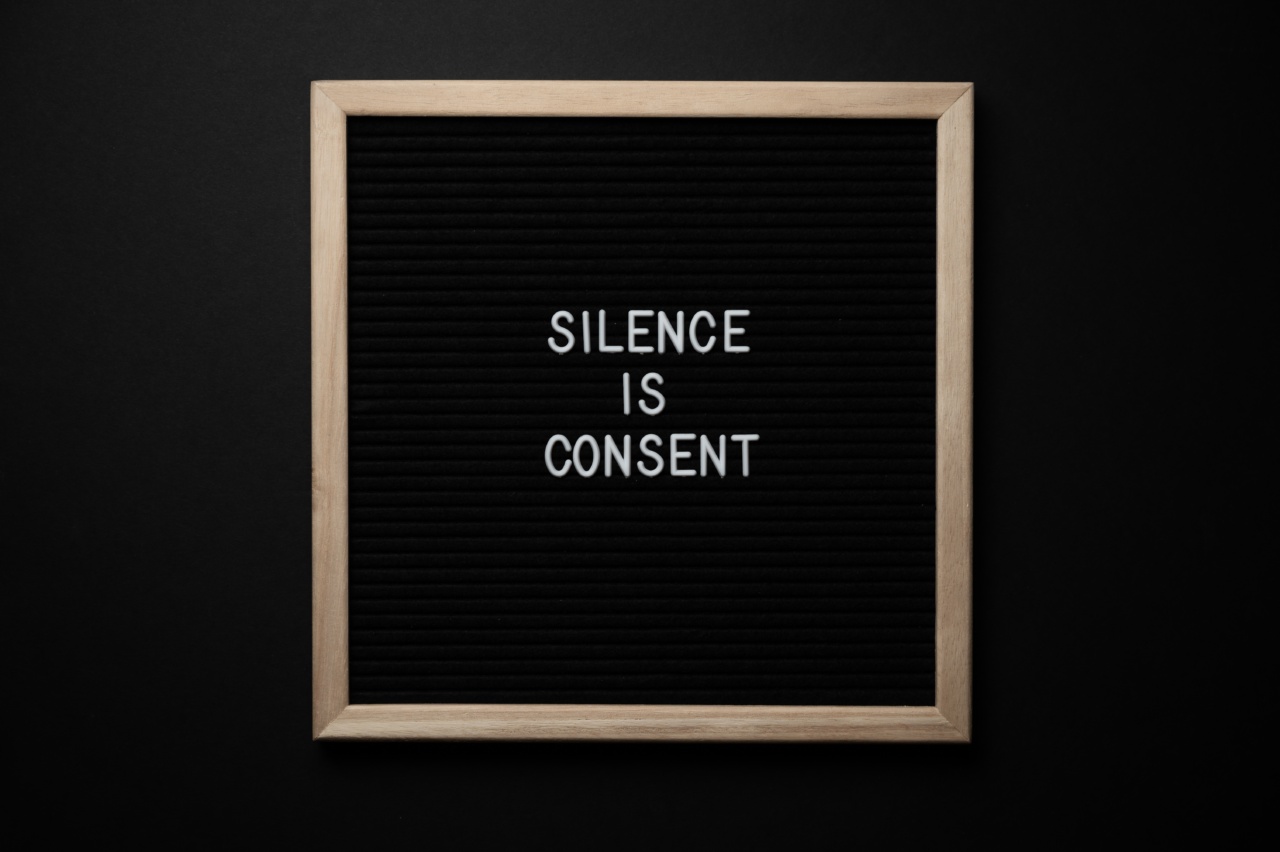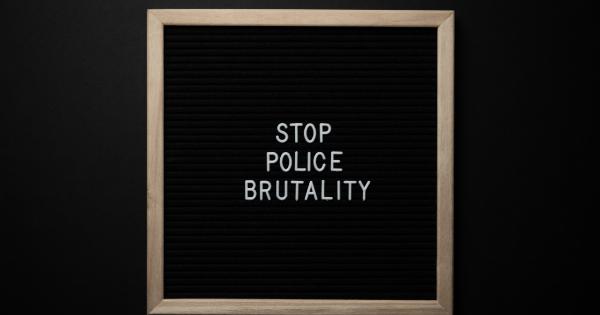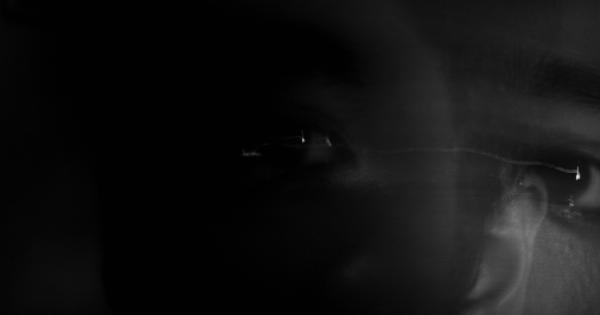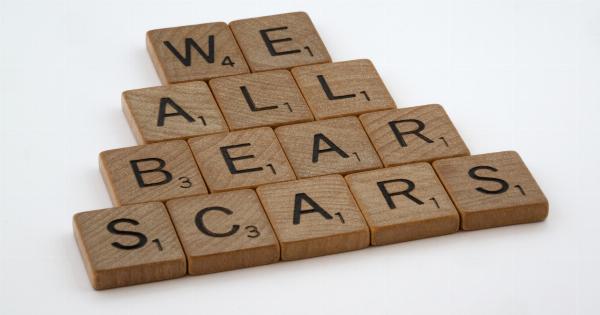Words and actions have immense power. They can bring people closer or push them further apart. When words and actions are hurtful, they can have a lasting impact and leave deep scars on those who experience them.
If you have ever been hurt by someone’s words or actions, you know just how painful it can be. Here we explore the impact of hurtful words and actions and how to heal from them.
Hurtful Words
Words can leave deep wounds. Whether they are spoken in anger or without thought, they can have a lasting impact. The impact of hurtful words can be felt for years to come.
They can damage a person’s self-esteem and confidence, create feelings of shame and worthlessness, and can cause debilitating anxiety and depression. The impact of hurtful words can be particularly damaging to children, who are more vulnerable and impressionable than adults.
Hurtful words can lead to stunted emotional and social growth, create trust issues, and make it difficult to form close relationships.
Hurtful Actions
Actions can be even more damaging than words. Physical and emotional abuse, neglect, and bullying are all examples of hurtful actions that can leave lasting scars.
The impact of hurtful actions can be seen in the high prevalence of mental health issues among survivors of abuse. Survivors of abuse are at a higher risk of developing depression, anxiety, and PTSD.
The impact of abuse can be so severe that it can affect a person’s ability to function in their everyday life and can cause significant stress and negative health outcomes.
The Impact on Relationships
Hurtful words and actions can have a profound impact on relationships. They can break down trust, create distance, and make it difficult to form close connections.
The emotional toll that hurtful words and actions can take on a relationship can be devastating. A partner who is constantly critical or dismissive can destroy their partner’s confidence and self-esteem over time. It can make it difficult for the partner to feel loved and valued.
When hurtful words and actions are directed at children, they can damage their ability to form healthy relationships as they grow older.
Healing from Hurtful Words and Actions
Healing from hurtful words and actions is a process. It takes time, patience, and a willingness to work through the pain. While the healing process may be different for everyone, some strategies that can be helpful include:.
- Talking to someone you trust, such as a therapist, friend, or family member.
- Expressing your emotions through journaling, art, or other creative activities.
- Practicing self-care, such as getting enough sleep, eating well, and exercising.
- Forgiving yourself and others.
- Setting healthy boundaries.
- Learning to be kind to yourself and others.
The Importance of Empathy
One of the most important things we can do as individuals is to cultivate empathy. Empathy is the ability to understand and share the feelings of others. When we practice empathy, we become more attuned to the needs and experiences of others.
We become better listeners and more caring individuals. Practicing empathy can also help us to heal from our own wounds. By understanding the pain of others, we can gain a deeper understanding of our own pain. We can learn to be kinder, more compassionate, and more forgiving.
Conclusion
The impact of hurtful words and actions can be far-reaching. They can cause immense pain, damage relationships, and create lasting scars.
Healing from hurtful experiences is a process, but it is one that can lead to greater self-awareness, empathy, and compassion. By learning from our experiences, practicing empathy, and embracing self-care, we can work towards healing from hurtful words and actions.




























